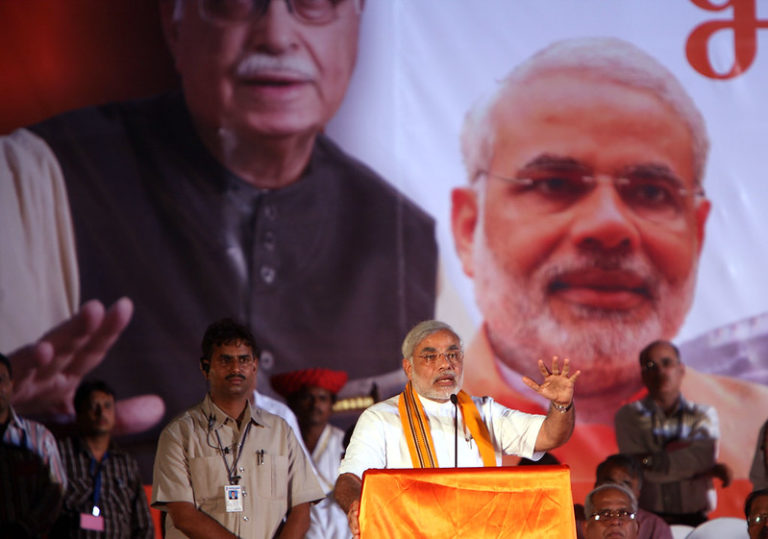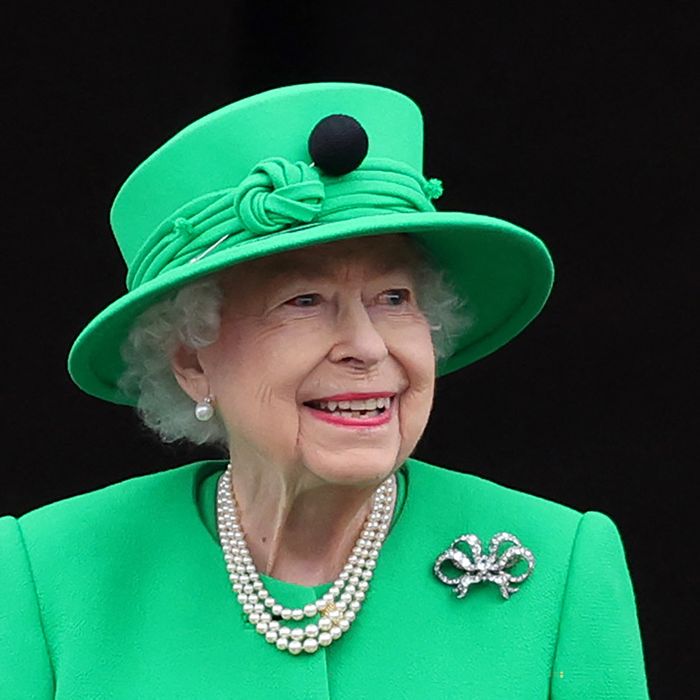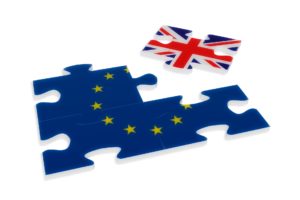Letter from La Vigie, dated 8 June 2022

India is on its way
India is attracting little interest, even though its rank among nations is growing steadily. Its strategy remains marked by its cumbersome neighbours (Pakistan, China), but its tradition of non-alignment makes it resistant to American neo-imperial embroilment. This is an opportunity for France, which is in good agreement with this South Asian power, an agreement that goes beyond signed contracts.
To read the article, click here
Conceptual wavering
From strategic compass to strategic concept, there is a general wavering as the war in Ukraine seems to be stalling. It is the moment of the first assessments among the Europeans who are divided on the way to go. It is perhaps also the time for France to question its defence posture, to take its time to find out how to integrate the lessons of the strategic surprises coming from Moscow and Kiev.
To read the article, click here
Lorgnette: God save the Queen
The Queen of England has just celebrated her jubilee, the 70th anniversary of her reign. The longevity is understandably surprising, but not as surprising as the popular fervour that has surrounded these celebrations. A silent sovereign, the Queen nevertheless won the support of her subjects thanks to her remarkable demeanour and reserve: who was not impressed by her brief three-minute statement at the time of the Covid pandemic, calling on her compatriots to hold on? It was a change from the lengthy speeches made by other leaders.

Yet it is not this exemplary role played by an exceptional personality over these 70 years that counts. It is the tribute to the last human being who came close to the political management of the Second World War. It is true that she had no decision-making power at the time, but she already had the awareness of a national mobilisation to resist the enemy.
This memory is still prominent in contemporary England, which cannot be understood if we ignore the pride of having resisted with sweat, blood and tears. Elizabeth II is also a witness to that moment, to that sacred union of the British people. May God keep you!
Subscribers: click directly on the links to read online or download the pdf issue (here), always with your login/password. New readers: read the article by issue, by clicking on each article (€2.5), or subscribe (discovery subscription €17, annual subscription €70, orga. subscription €300 excl. tax): here, the different options.
JOCVP
photo credit: Al Jazeera English on Visualhunt




